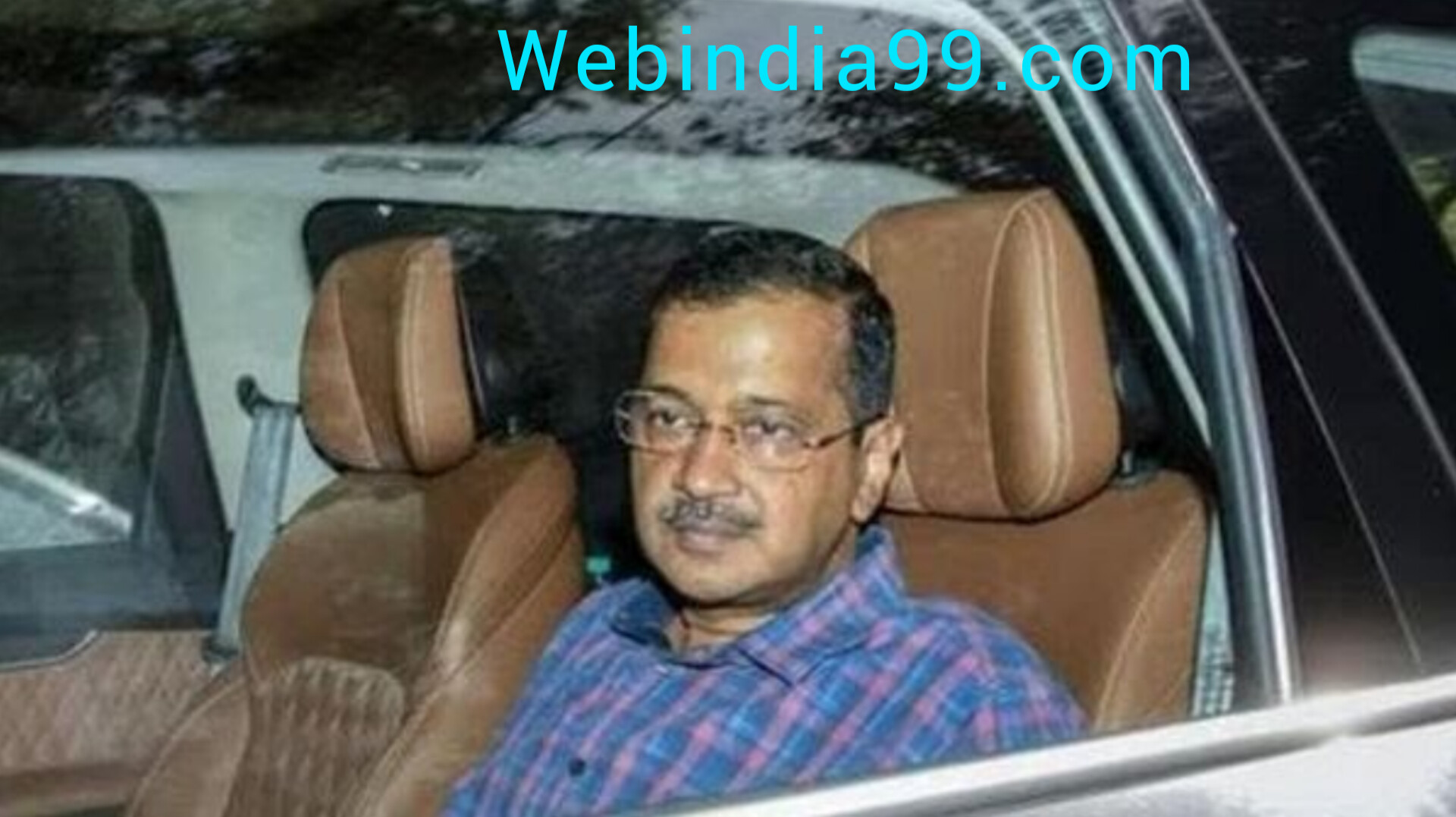
Delhi High Court rejects Public Interest Litigation (PIL) to release Arvind Kejriwal on “extraordinary interim bail,” fines ₹75,000.
Delhi High Court said that Arvind Kejriwal is detained as a result of court orders, bringing up the petitioner and inquiring as to whether or not he had “good attendance in law school.”
On Monday, the Delhi High Court denied a request to release Arvind Kejriwal, the chief minister of Delhi, on “extraordinary interim bail” in all criminal cases filed by the State and the Enforcement Directorate until the end of his term.
The petitioner was also fined ₹75,000 by the court, which stated that the Aam Aadmi Party leader was under judicial custody as a result of the court’s instructions.
Why was Kejriwal’s request dismissed?
‘We the People of India’, a fourth-year law student, filed the request. The court said that it was not maintainable because, under its writ jurisdiction, courts cannot award extraordinary interim bail in pending proceedings involving people who have been accused of high office.
Read: ‘Dictatorship, plan to murder Arvind Kejriwal’, says Sunita Kejriwal at the INDIA bloc rally.
The argument argued that Kejriwal’s confinement in Tihar Jail with hardened criminals who are prosecuted for crimes like rape, dacoity, murder, and bomb explosion puts his safety in jeopardy.
In his representation of Kejriwal, Senior Advocate Rahul Mehra described the PIL as “completely impermissible” and “misguided,” claiming that the petitioner was using the court as a political platform. Mehra went on to say that the same panel has previously rejected pleas to have CM removed after his arrest; the most recent one was rejected at a cost of ₹50,000.
Read: “Manifesting Ram Rajya”: Arvind Kejriwal and Hemant Soren at an INDIA rally with empty chairs
The petitioner was summoned by the court, who inquired about his “good attendance in law school.”
“Seems like he doesn’t adhere to legal principles,” stated Acting Chief Justice Manmohan.
The court dictating the ruling stated that there is no foundation for the petitioner’s assertion that they are the guardian and representative of the Indian people.
The court stated that the petitioner does not have the authority to hold personal bonds or make such comments on behalf of Kejriwal, calling it “even more strange that the petitioner has offered to extend personal bond in favor of Kejriwal and undertakes that Kejriwal will not influence witnesses.”